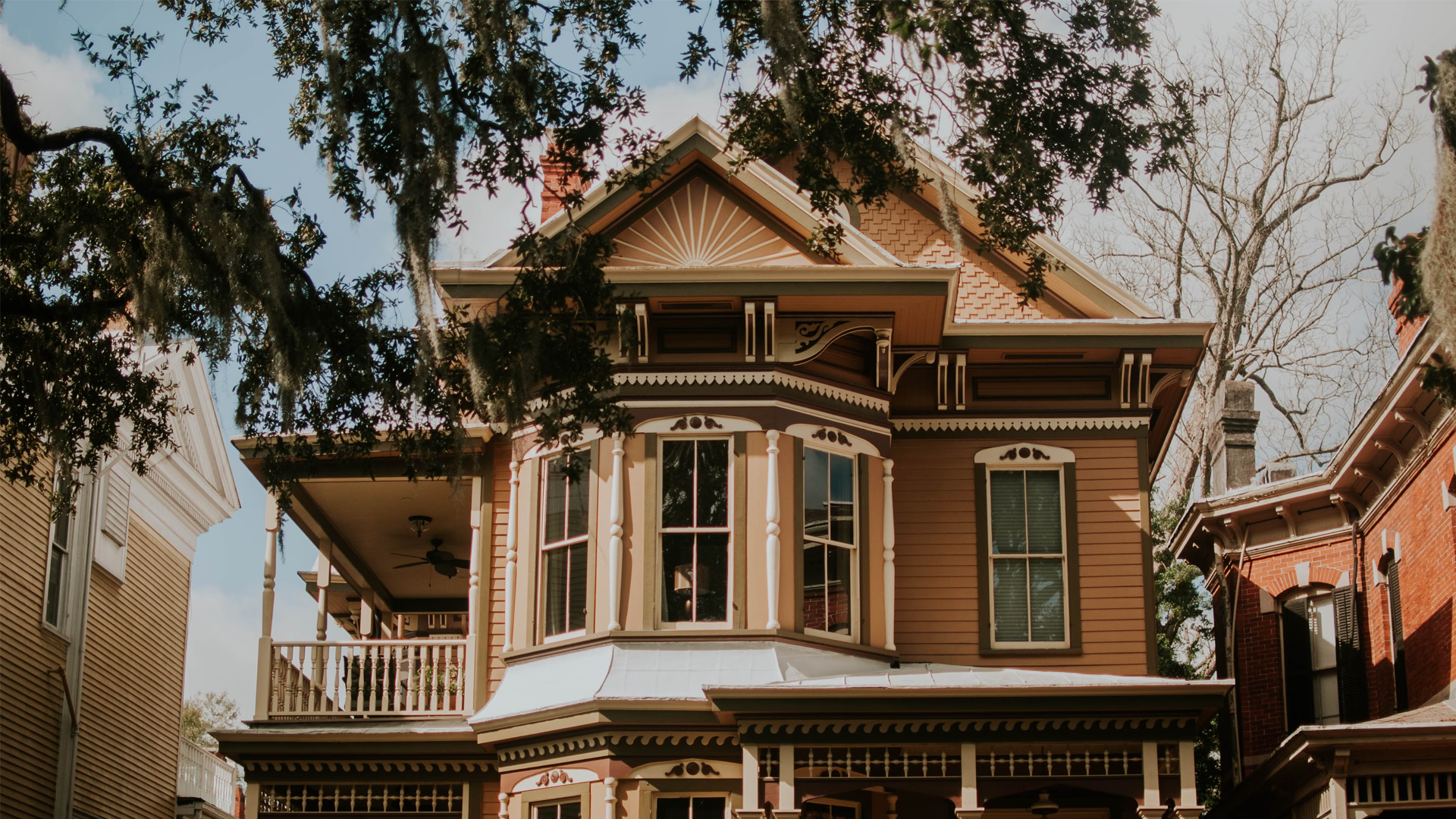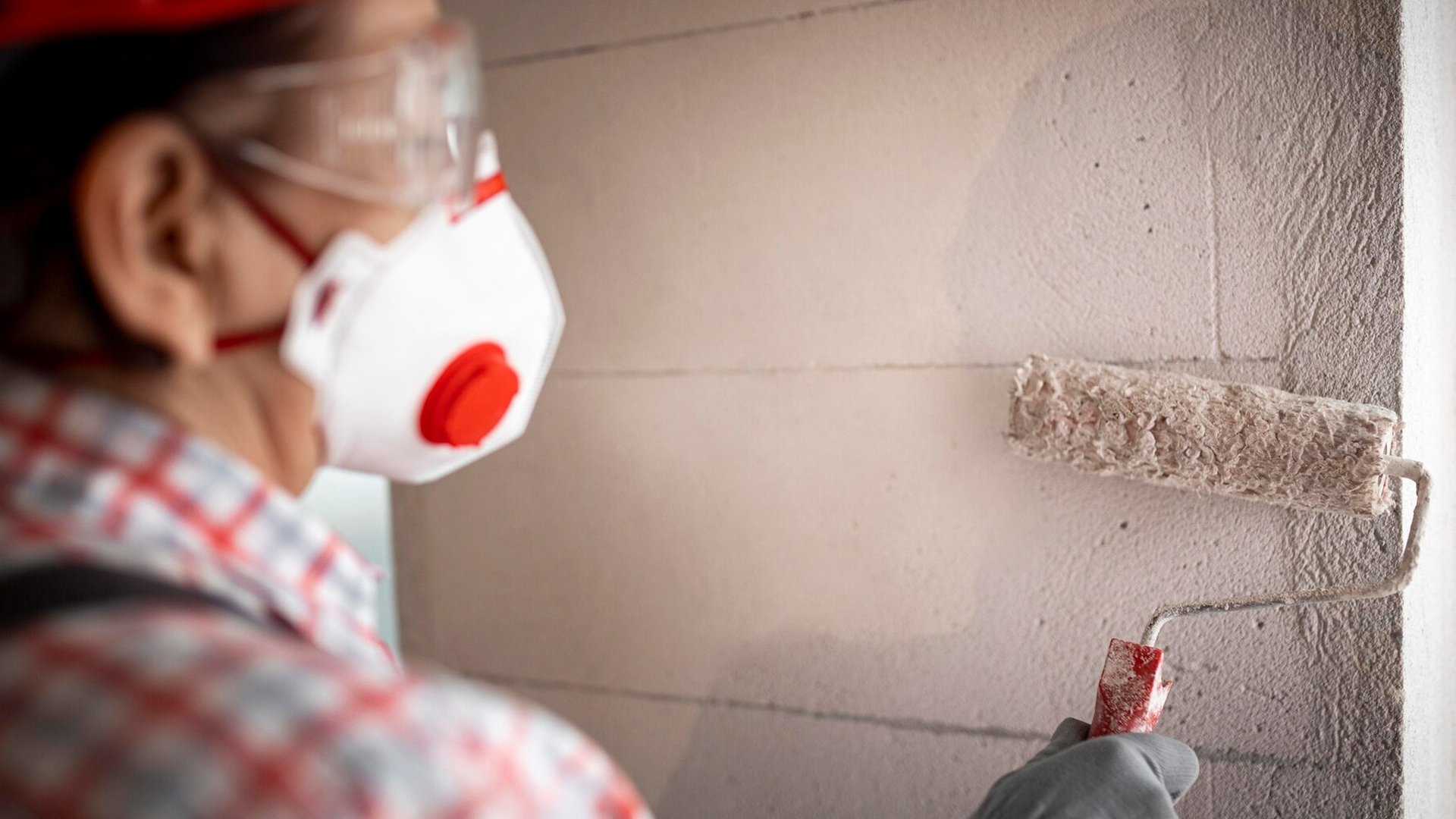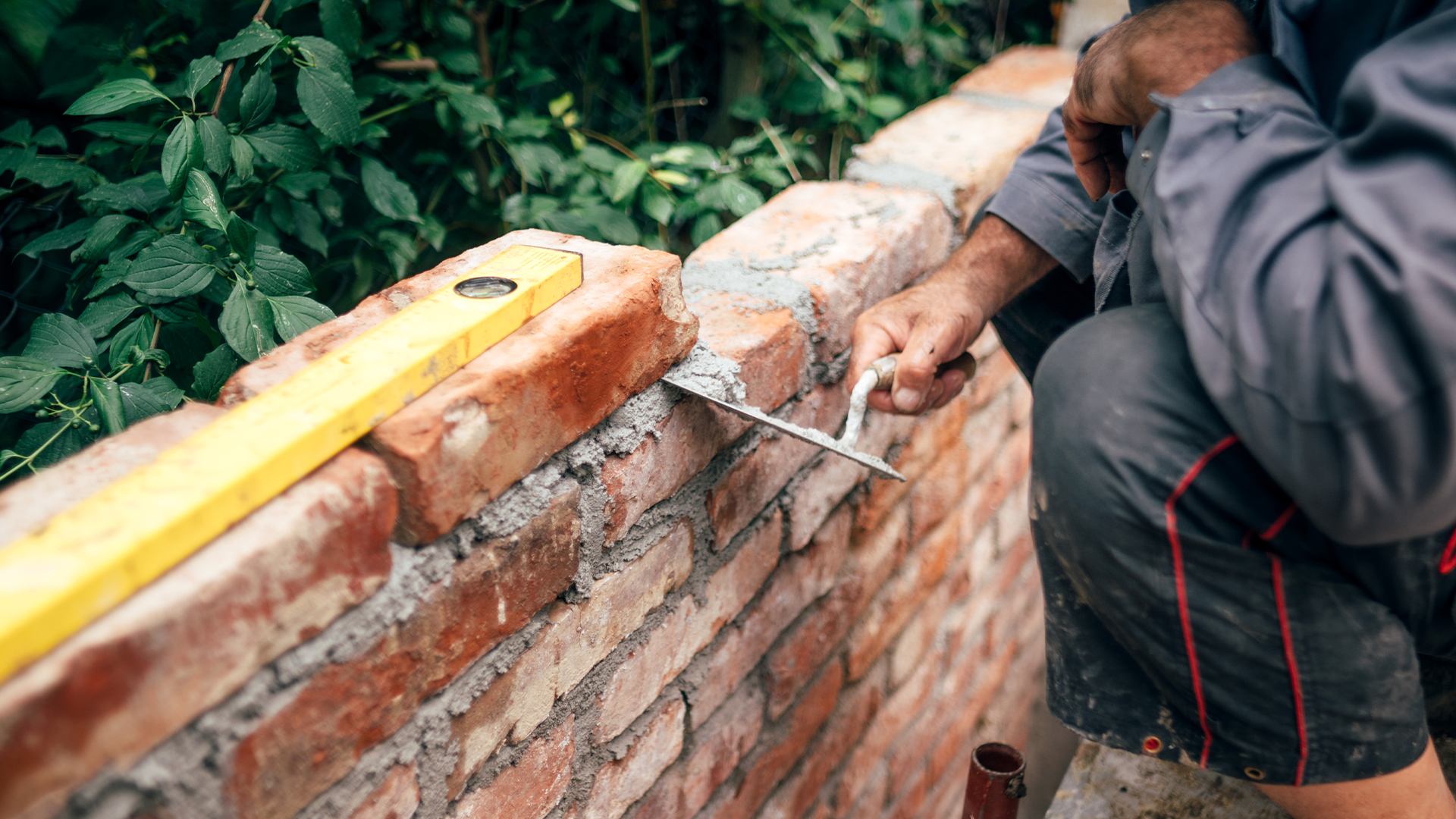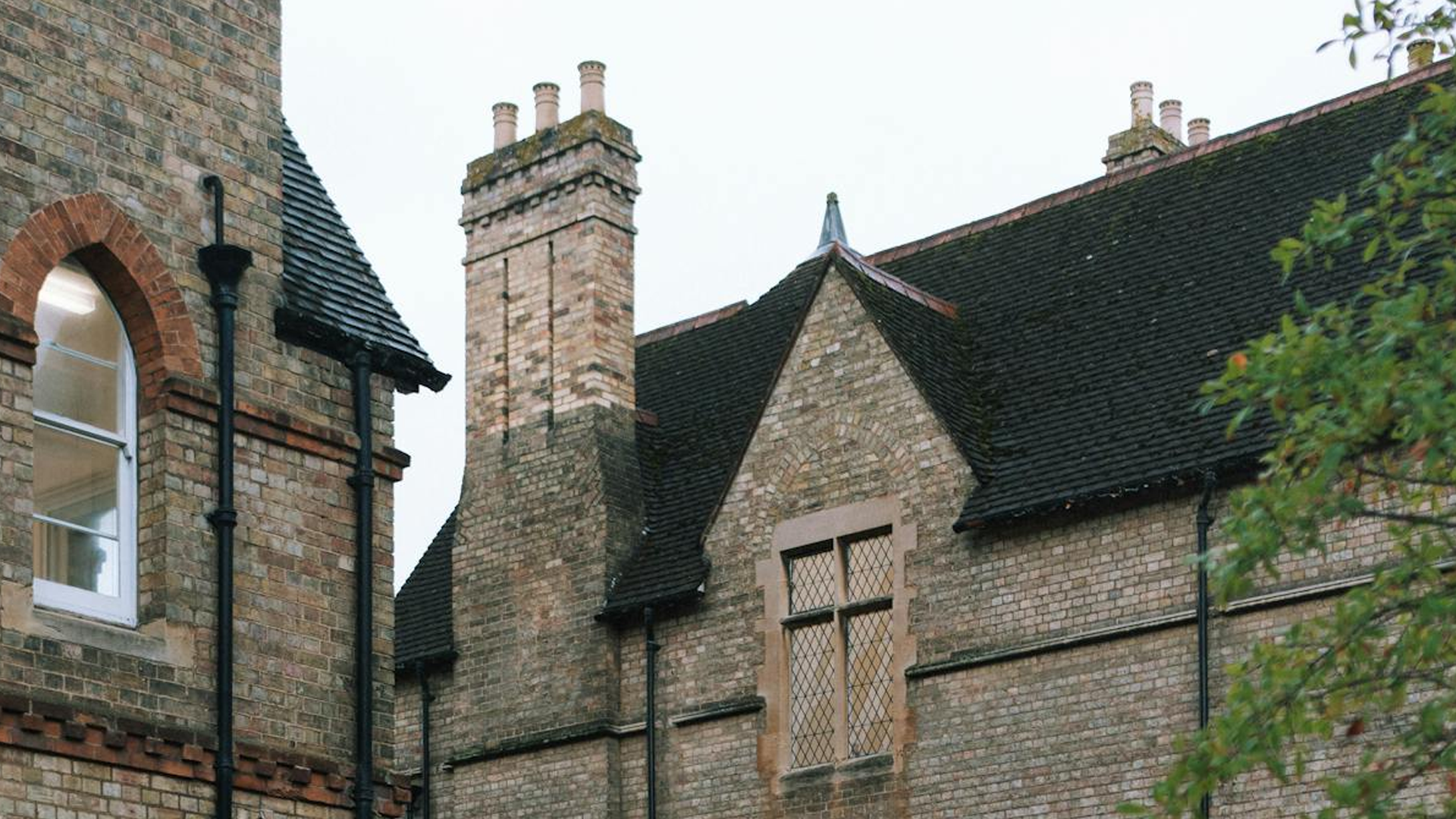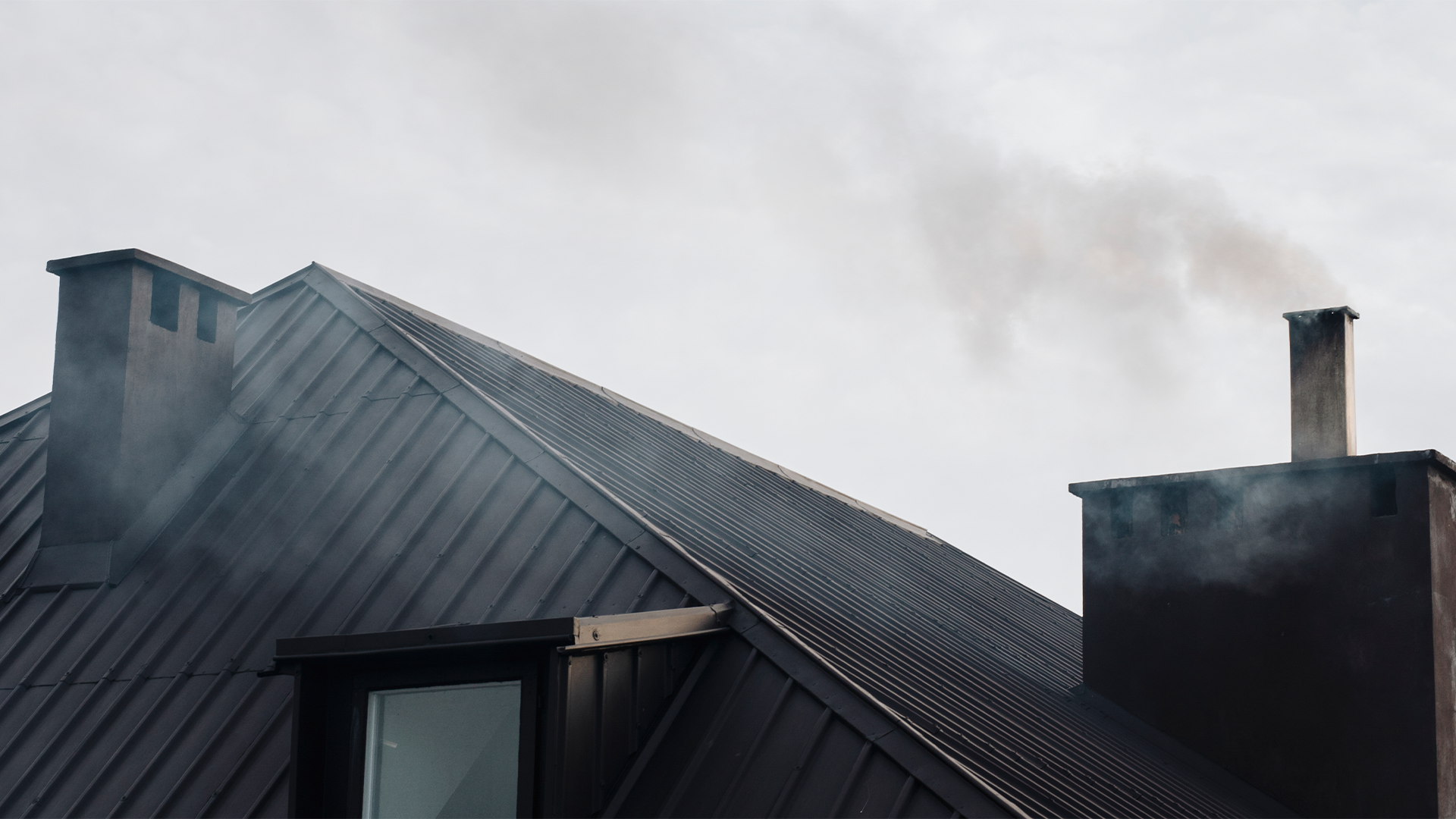In the pursuit of enhancing home comfort and energy efficiency, Breathable External Wall Insulation stands out as a crucial investment for UK homeowners. This innovative approach not only improves the thermal efficiency of your home but also safeguards the integrity of your walls by preventing moisture-related problems.
Understanding Breathable External Wall Insulation
Breathable External Wall Insulation refers to a system that insulates the exterior walls of a building while allowing moisture to escape. This balancing act is vital for maintaining a healthy home environment. Traditional insulation methods can trap moisture, leading to dampness and mould, but breathable insulation provides a solution by allowing walls to ‘breathe’. This is particularly important in the UK, where damp and rainy weather can significantly impact home structures.
The Benefits of Breathable External Wall Insulation
- Energy Efficiency: One of the primary benefits of Breathable External Wall Insulation is its ability to significantly reduce energy consumption. By keeping heat in during the winter and out during the summer, it ensures your home is comfortable all-year-round, reducing the need for excessive heating or cooling. This not only lowers energy bills, but also minimises your carbon footprint.
- Moisture Management: Unlike conventional insulation, breathable insulation allows moisture to escape, preventing the build-up of damp and mould. This is essential for maintaining air quality and the structural integrity of your home.
- Enhanced Comfort: By regulating temperature and reducing drafts, Breathable External Wall Insulation creates a more consistently comfortable living environment.
- Noise Reduction: This type of insulation also offers excellent soundproofing qualities, reducing external noise and creating a more tranquil home environment.
- Increased Property Value: Homes with high-quality insulation, such as Breathable External Wall Insulation, are often more attractive to potential buyers, potentially increasing your property’s market value.
Types of Breathable External Wall Insulation
Breathable External Wall Insulation can be implemented using a variety of materials, each offering distinct advantages and properties that cater to different needs and preferences. Here’s a closer look at the commonly used materials:
- Mineral Wool: This material is highly regarded for its superior thermal and sound insulation capabilities. Made from molten glass, stone, or industrial waste spun into a fibrous structure, Mineral Wool is non-combustible and provides splendid fire resistance, an essential safety feature. Its dense composition not only traps heat effectively, keeping homes warm in winter and cool in summer but also dampens sound from external sources, contributing to a quieter, more peaceful home environment.
- Wood Fibre: Wood Fibre insulation is a sustainable, eco-friendly option derived from responsibly sourced wood. It excels in not just thermal insulation but also in breathability, allowing moisture to escape and thus reducing the risk of dampness and mould growth within the wall structure. This natural material also contributes to a healthier indoor environment by regulating humidity levels. Additionally, Wood Fibre has the added benefit of being a renewable resource, making it an excellent choice for environmentally conscious homeowners.
- Expanded Polystyrene (EPS): EPS is a lightweight yet effective insulating material. It consists of small beads of polystyrene that are expanded and fused together, forming a structure that traps air and reduces heat transfer. While it offers good thermal insulation and is cost-effective, EPS is generally less breathable compared to Mineral Wool or Wood Fibre. However, its lightweight makes it easy to handle and install, and it is often used in systems where weight is a concern, such as on properties with weaker wall structures.
- Aerogel: Aerogel is a relatively new addition to the insulation market, known for its exceptional thermal performance in a very thin layer. It is made from silica gels that are dried to leave a highly porous and low-density material. Aerogel’s microscopic structure makes it an excellent insulator, and its breathability is comparable to traditional insulating materials while taking up less space. However, the cost of Aerogel is currently higher than other insulation options, making it a premium choice.
- Calcium Silicate: Ideal for older homes, Calcium Silicate is a breathable insulating material that offers excellent moisture management. It is particularly suited for properties with solid walls or heritage buildings where moisture migration needs to be carefully managed to prevent structural damage. Calcium Silicate boards are rigid, durable, and offer good thermal performance, making them a practical option for renovations and restorations.
Installation Considerations
Installing Breathable External Wall Insulation requires professional expertise. Factors to consider include:
- Building Regulations: Ensure compliance with UK building regulations, particularly regarding ventilation and fire safety.
- Aesthetic Impact: The insulation will alter the external appearance of your property, so consider the finished look.
- Cost and Longevity: Weigh the initial investment against the long-term energy savings and increased property value.
Maintenance and Longevity
Breathable External Wall Insulation is designed to be low-maintenance. However, regular checks are recommended to ensure the insulation remains effective, and the exterior finish stays in good condition. The lifespan of breathable insulation varies depending on the material, but can significantly exceed that of traditional insulation methods.
Choosing the Right Solution
Selecting the right Breathable External Wall Insulation for your home depends on several factors, including your property type, budget, and specific needs. Consulting with insulation experts, such as All Weather Coating, can provide valuable insights and tailored solutions.
Conclusion
Breathable External Wall Insulation is an effective way to enhance your home’s comfort, efficiency, and value. By choosing this sustainable insulation solution, you’re not only investing in your immediate comfort, but also in the long-term health and value of your property.
If you’re considering Breathable External Wall Insulation for your home, contact All Weather Coating for expert advice and top-notch service. Our team is dedicated to helping you find the perfect solution for your home’s needs. Send us an enquiry today to start your journey towards a more comfortable, energy-efficient home.
